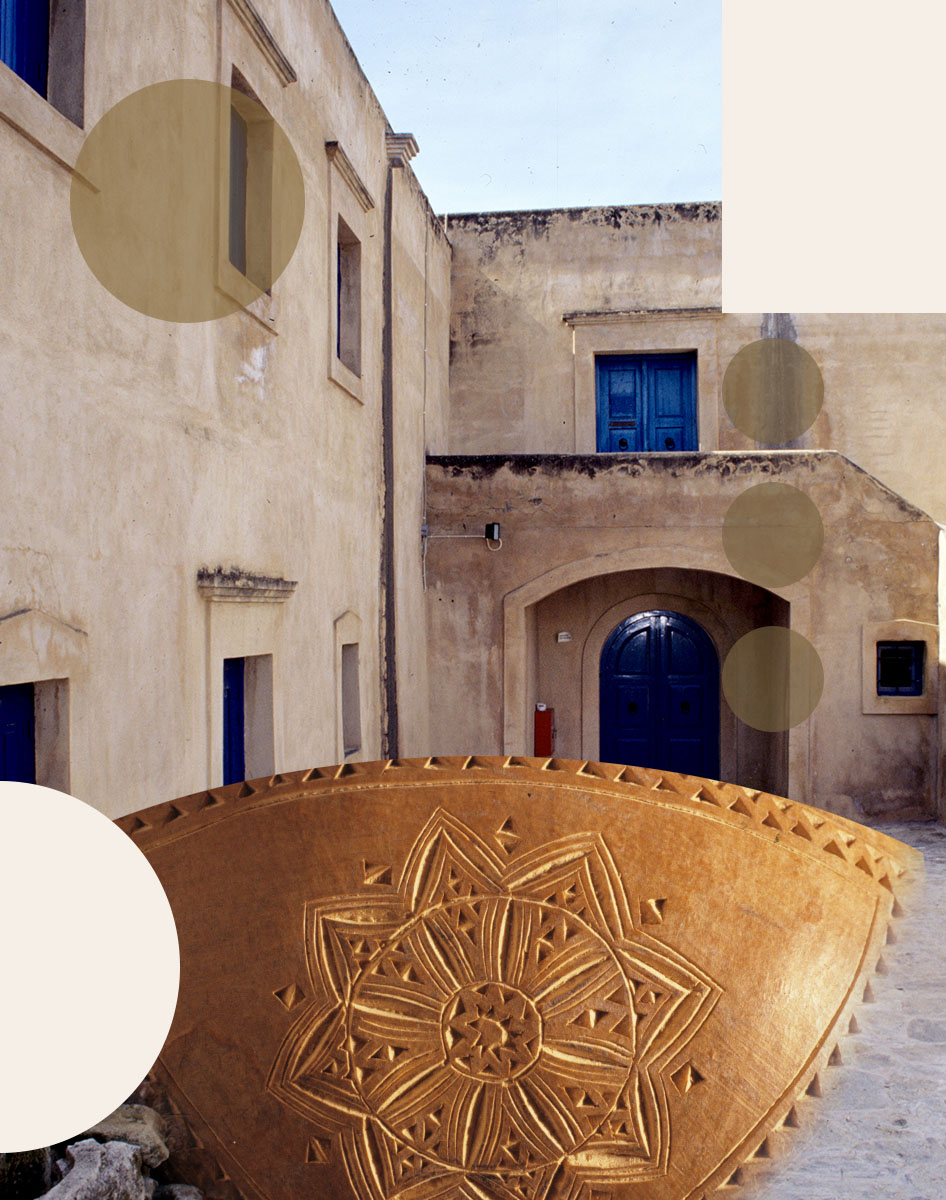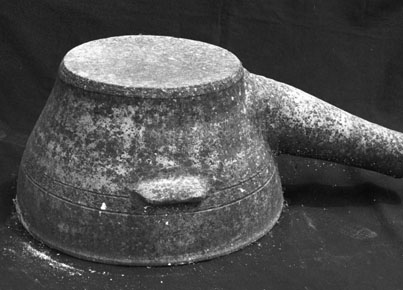Crete, the second-largest island in the eastern Mediterranean, was first settled about the 7th millennium B.C. The settlers came from Greek races of Asia Minor. During the 2nd and 3rd millennia B.C. they developed the great Minoan civilisation, which contributed to early European culture. In 824 A.D., after a long and relatively untroubled historical development, Crete was enslaved by Arab pirates from Spain. Crete ceased to play a part in the Mediterranean for 137 years of harsh occupation.
In 961, after six unsuccessful attempts to land, the Byzantine army freed Crete and restored it to the cultural development of the early Middle Ages. Crete recovered very quickly from 963 to 1205. The newly-founded, illustrious feudal culture imposed on the whole Byzantine Empire by the Comnene family, was established on the island.

In 1205, following the recent capture of Constantinople, the capital of the Empire, by the Western European armies of the Fourth Crusade, Crete was sold to the Most Serene Republic of Venice. The feudal Byzantine society of Crete immediately began to wage constant warfare on the Venetians, in the hope of reunification with the Empire, reinstated in 1261.
However, the fall of the Byzantine Empire to the Seljuk hordes in 1453 and the immediate, systematic destruction of the entire cultural legacy of the longest-lived empire in the world, led to the establishment of a modus vivendi in Crete between the inhabitants and the Venetian occupiers. The latter, alarmed by the Turkish incursions, tried to lift their yoke and seek an alliance with the Cretans against the common enemy. The only result of this attempt was the cessation of hostilities.
In 1645 the Turks occupied Crete, only leaving following international agreements in 1898. The Turkish occupation, as in other countries, quashed any cultural organisation or expression except the local religion. The Cretan armed uprising was immediate and lasted for the 260 years of cruel occupation.
Foreign travellers during this period describe the conditions of economic and social instability that prevailed, with the whole population plunged into poverty and insecurity.
Although the Venetian and Turkish conquerors forbade Greek ships to come to Crete during the 700 years of occupation, fearing wider unrest in Greece, the rural Cretan population preserved the traditions not only of the glorious medieval years of the Comnene Emperors, but also of far more ancient periods of antiquity, dating to Minoan times and even including Neolithic features and practices. A diligent researcher will discover all these ancient historical paths, still vividly traced on the island at every step.

